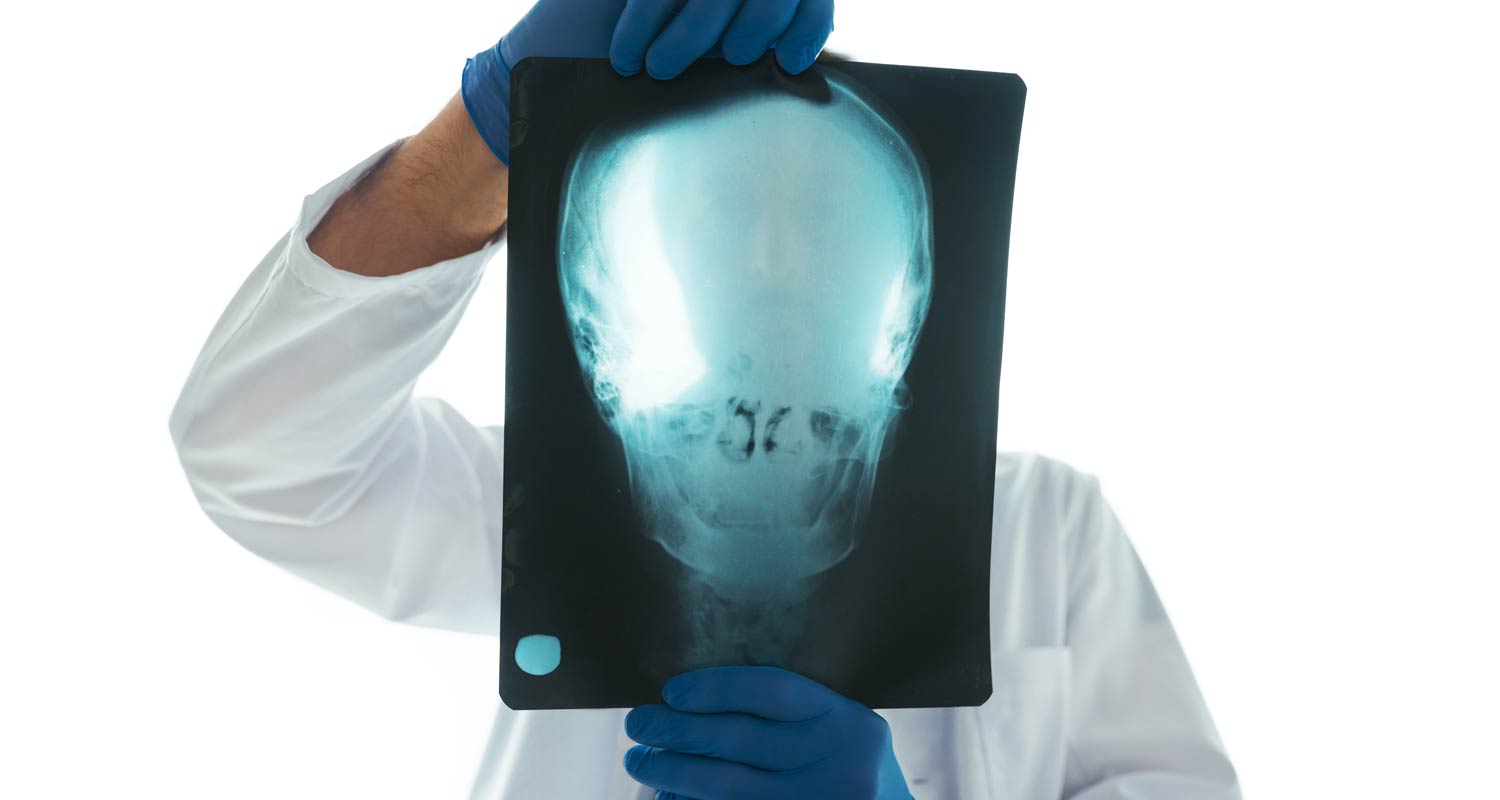Try our mobile app

Envisionit Deep AI is a London-headquartered South African start-up that uses a combination of computer vision and pattern recognition software to aid doctors in the diagnosis of diseases typically identified using imaging technologies such as X-rays, magnetic resonance imaging (MRI) and ultrasound. In South Africa, Envisionit is targeting the occupational healthcare market by partnering with mining companies to assist with periodic chest x-rays that help prevent and treat incidents of lung disease among mineworkers. The company’s exploits overseas, where AI adoption is much higher, have taken more of meta-analytical flavour. “A lot of mining companies are facing large class-action lawsuits because mineworkers are exposed to common dust that leads to occupational health diseases like tuberculosis and silicosis. It takes a long time to screen these mineworkes – some of these companies have over 40 000 employees – so that is why you introduce technology,” said Jaishree Naidoo, co-founder and CEO of Envisionit, in a recent interview with TechCentral. AI is a fitting tool for image-based diagnosis. Diseases present in patterns that computers can be trained to recognise “With an AI algorithm, you can quickly scan the X-ray so that while the mineworker is putting his shirt back on, his X-ray has already been analysed and recommendations to the doctor have already been made.” Using technology to bridge the resource gap is one of Envisionit’s core drivers. When Naidoo qualified as the first South African-trained paediatric radiologist in the country in 2010, she was one of only 25 paediatric radiologists on the African continent at the time. Radiologists specialising in the adult population are just as scarce, and many working in clinical settings are overworked. In some instances, a specialist is not available at all, and generalists (medical doctors) are forced to interpret X-rays themselves when diagnosing patients, she said. Envisionit’s first deployment, at the Robert Mangaliso Sobukwe Hospital in the Northern Cape, coincided with the start of the Covid-19 pandemic. The 700-bed facility only had one radiologist on staff at the time, and the software’s use in triaging patients for different types of pneumonia, including Covid-19, demonstrated its efficacy and efficiency in high-pressure scenarios, said Naidoo. Dermify and Ratify AI is a fitting tool for image-based diagnosis because diseases present in patterns that computers can be trained to recognise with more accuracy than humans can, said Naidoo. Since its founding in 2019, Envisionit has also developed a mammography tool that assists in the diagnosis of breast cancer and a dermatology tool, called Dermify, that recognises a variety of conditions, including skin cancer. In theory, the technology can be used to recognise a variety of diseases from images taken using different technologies, including ultrasound and MRI – but Envisionit’s choice to focus on X-ray technology as a starting point was by design. Read: Mining tailings dams go digital for added safety “It’s pretty much the standard. Most hospitals have at least one CT (computed tomography – a type of x-ray) scanner, but not every hospital will have an MRI machine,” said Naidoo. Envisionit’s Dermify product earned the company a spot in the African edition of the Google For Startups Accelerator programme in 2021. The decision to move the company’s headquarters to London came the after the UK department of business & trade in 2020 awarded Envisionit a position on the Global Entrepreneurship Programme. The award came with a £13-million investment. Given the higher rate of AI adoption in more developed markets, Naidoo said the move to the UK, while keeping the South African subsidiary, has given the company more exposure to clients further along their AI adoption journeys as well as a larger base of potential investors. Envisionit’s local investors include Khudu Pitje’s New GX Capital and Rand Merchant Bank. The relocation to the UK came with a shift in strategy. Instead of building new AI tools for specific scenarios, Envisionit decided to use its experience to develop AI aimed at managing other AI tools and helping them improve their precision. Ratify is a meta-analytical AI product that can plug into any computer vision-based diagnostic tool to facilitate interactions between medical professionals and their AIs to ensure both parties produce improved outcomes. Ratify is a meta-analytical AI product that can plug into any computer vision-based diagnostic tool “Ratify helps with benchmarking, allowing a US-based company, for example, to test their model against a population in Africa to figure out where its biases are. They can use this data to re-train their AI so that their model is effective in the new market,” said Naidoo. Ratify was first used internally on Envisionit’s own products and, according to Naidoo, it helped improved the accuracy of its models by up to 10%. Beyond its analytical capabilities, Ratify can help companies that have the required data set build their own AI tools from scratch. “For now, we are not building any more tools for ourselves; our focus is to use Ratify to help our clients build tools of their own,” said Naidoo. – © 2025 NewsCentral Media Get breaking news from TechCentral on WhatsApp. Sign up here . Don’t miss: SA homeowners turn to AI to fight inflated property valuations